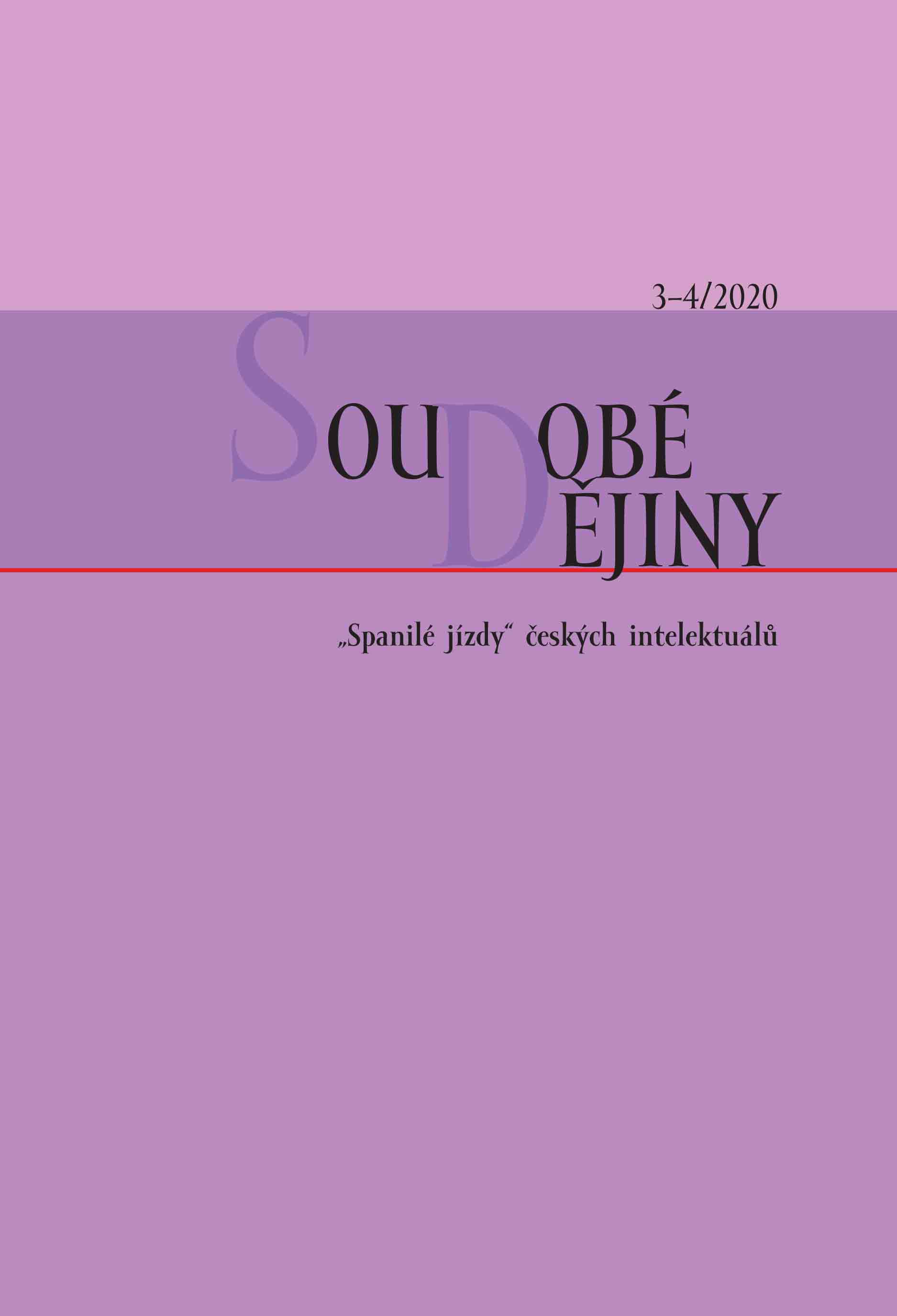Sovětským Orientem
Through the Soviet Orient
Interwar trips of Czechoslovak writers to peripheral regions of Soviet Union
Author(s): Kateřina ŠimováSubject(s): History, Language and Literature Studies, Cultural history, Czech Literature, German Literature, Interwar Period (1920 - 1939), History of Communism
Published by: AV ČR - Akademie věd České republiky - Ústav pro soudobé dějiny
Keywords: Czechoslovakia;Czechoslovak writers;Soviet Union;Soviet Orient;Central Asia;Communism;travelling;travelogues;exotic;modernity;labour
Summary/Abstract: In this introductory study opening the edition of selected reportage and travelogue texts, the authoress outlines circumstances and conditions of travelling to the Soviet Union in the interwar period, particularly to the country’s outlying regions which were, due to their remoteness, poor road and railway infrastructure and sometimes also security situation, difficult to access for visitors from abroad. She also describes the trips of four Czechoslovak authors (Julius Fučík, Egon Erwin Kisch, Franz Carl Weiskopf and Jiří Weil) to the interwar Soviet Orient, sets their reflections into a broader period context, and indicates their typical motifs. The central theme here is a conflict of the exotic, the oldbackward world of traditions and customs of indigenous inhabitants, and modernity. In the perception of the authors, the modernity is a combination of three interconnected segments; the first one is a process of industrialization, converting backward regions into dynamic agrarian-industrial centers through electrification, development of transport infrastructure, and urbanization. The second segment is represented by a new organization of social relations based on social and material equality of citizens and reflected mainly in the emancipation of local nations and ethnics and also of women. The third segment is related to a group of topics which can be summarized under a Foucaultian term biopolitics. It consists mainly of a fight against illiteracy and an emphasis on education, development of a medical care system, or building of leisure and cultural institutions (clubs, cinemas, theaters). The principal tool and prime mover of the modernization process is labour which is, in a country striving to build a Communist system, not just a factor of existence, a source of subsistence, but, first and foremost, an existential factor – the meaning of life and a source of happiness and contentment – and also a medium of socialization and disciplination. It is through labour that the Soviet man or woman steps beyond his or her individual needs and interests and becomes a useful part of the society and a “new man”.
Journal: Soudobé Dějiny
- Issue Year: XXVII/2020
- Issue No: 3+4
- Page Range: 591-603
- Page Count: 13
- Language: Czech

